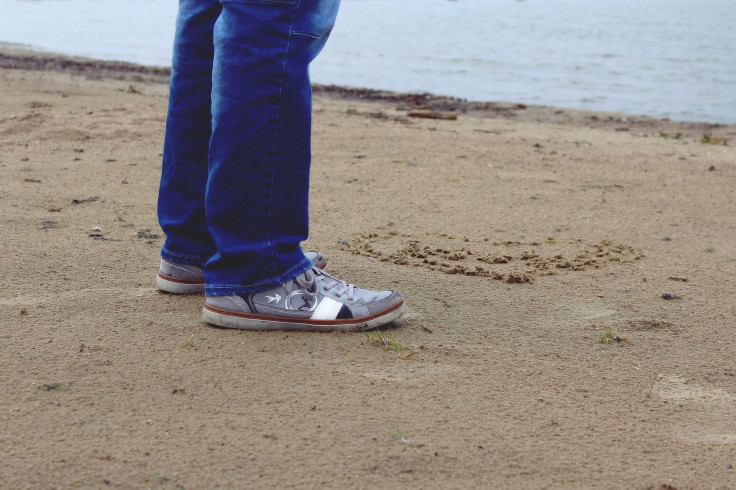Be True To Yourself If You Want To Overcome The Harmful Health Effects Of Loneliness

Loneliness has been tied to health problems including depression, obesity, and even premature death; not to mention it can worsen stress symptoms, which can have a severe impact on your physical health. The best way to combat loneliness, of course, is to prevent isolation and reach out to family and friends, join a club or community, and make time for socializing.
But new research suggests that you can prevent the harmful health effects of loneliness all by yourself, too. A study published in the Journal of Health Psychology points out that people who “stay true to themselves,” or who are authentic, are more likely to be protected against the ills of loneliness. Those who turn to external things, meanwhile — like alcohol or drugs — to reduce their pain of loneliness often find it’s counterproductive.
In the study, researchers examined 537 undergraduate students, aged 22 on average and mainly female. The participants were asked to fill out a survey about their loneliness, their mood, any unpleasant physical symptoms, their alcohol intake, and finally whether they thought themselves to be authentic.
Of course, the word authentic — which has been circulating in social media recently — can be quite vast and interpreted in different ways. It’s often difficult to gage whether one is authentic or not; and even harder to tell whether we are authentic ourselves. The researchers divided the authentic questionnaire part of the survey into several groups: Awareness (which involved assessing statements like, “For better or worse I am aware of who I truly am”); Behavior (the level at which the person acts in accordance with their beliefs); Related orientations (how open and honest the person is in a relationship); and Unbiased Processing (how well the person can evaluate themselves without being swayed by other people’s opinions).
They found that the higher the students rated loneliness, the more likely they were to experience low moods and adverse physical symptoms, as well as a drinking problem. But the students who scored higher on authenticity reported fewer physical, mental health, or drinking problems, even if they experienced a high level of loneliness.
Because it was a relatively small, single study, it’s hard to make entire conclusions based on these results. But the researchers posit that it’s possible that people with high levels of authenticity are able to stave off the risks of loneliness because they attribute it to circumstance — and not to some sort of inherent flaw. In short, instead of blaming themselves for feeling lonely, they can take it in stride and realize that if they put in the effort, loneliness may soon subside.
Finally, authentic people are more likely to steer clear of doing things they don’t want to do, which may prevent them from resenting things and turning to counterproductive coping mechanisms, like alcoholism. People who stay true to themselves, even when they’re lonely, know that they’ll find the right people for them eventually — even if that means avoiding people they don’t like now.
However, the researchers will need to further investigate this link — and also figure out what exactly “authenticity” means to people and how to develop it.
“Results suggest that authenticity may be an underutilized resource for lonely individuals and warrants future investigation,” the researchers write in the abstract. “The potential implications are diverse and could be incorporated in college adjustment and health promotion programs.”
Source: Bryan J, Baker Z, Tou R. Prevent the blue, be true to you: Authenticity buffers the negative impact of loneliness on alcohol-related problems, physical symptoms, and depressive and anxiety symptoms. Journal of Health Psychology, 2015.



























